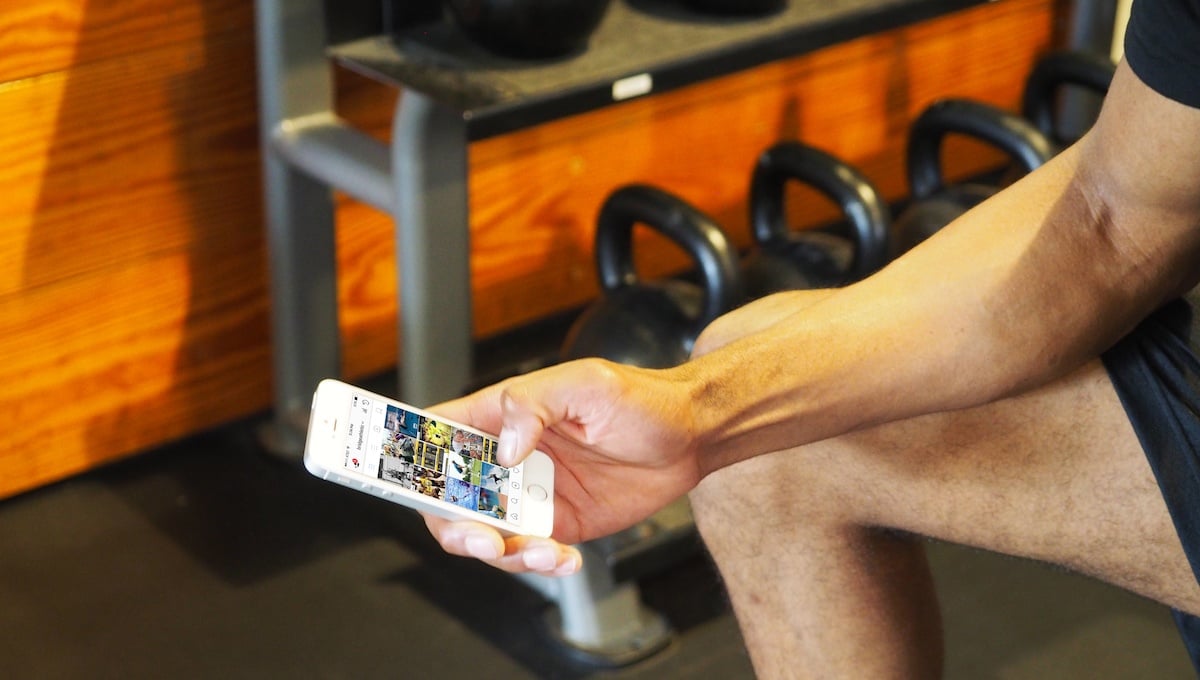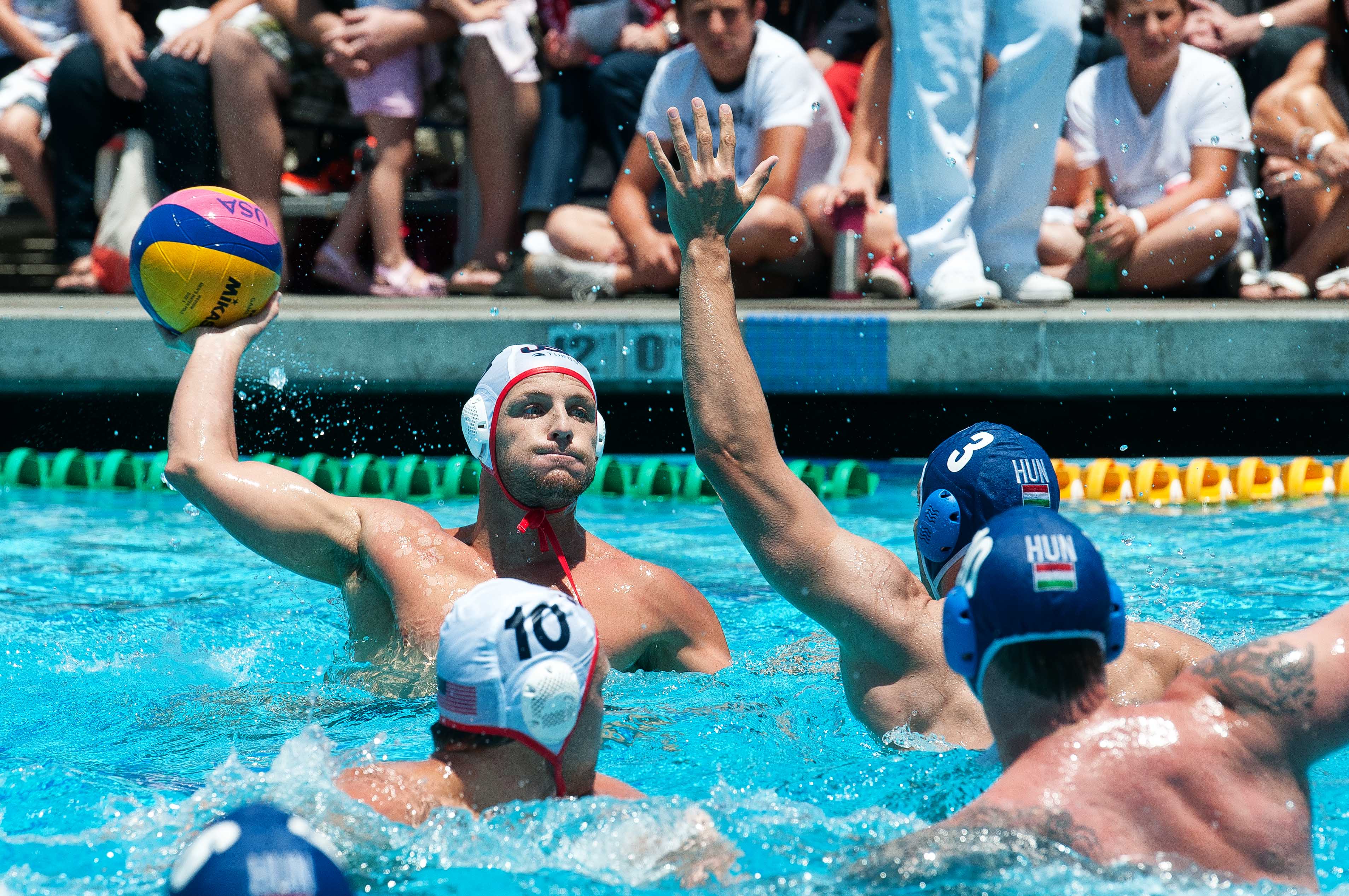Sports Science: Deliberate Mental Practice Through Imagery

This month’s edition of Sports Psychology builds on the Plan stage of the Learn, Plan, Perform Model, discussing how mental training through the practice of imagery is a fundamental part of achieving long-term skill goals.
Without a clear and organized plan for your best performance, you will find it difficult to consistently compete at peak levels. The reason elite level athletes spend hours training before a competition is to develop positive habits for automatic execution in pressure-packed situations. The best athletes in the world also train their minds outside of physical practice for the best result. Peak performance does not happen by accident. It is the result of a systematic approach to applying oneself in practice through mind and body, training like a champion again and again.
All successful performance planning starts with clear goals and if goals are of interest, check out the last three posts about identifying your motives, deciding what type of goals to set, and finally setting realistic goals. A next step in the planning phase of mental skills training is to combine ideal thinking and energy with focus cues and physical execution specific to your sport. Becoming aware of your self-talk when at your best requires constant learning, while finding the energy needed for your sport is a matter of reflection. There are a number of ways to build on those skills and to adjust them as your experience evolves and you become more advanced. However, the best way to practice all these skills simultaneously while preparing for your best is through the deliberate practice of imagery.
Sport imagery, sometimes also referred to as mental rehearsal, involves creating or re-creating sport specific situations in a vivid and controlled systematic way. It is an enhanced version of visualization because of the poly-sensory nature of this mental skill. Poly-sensory means that in order to have an effective imagery practice, you should include all senses (sight, sound, smell, taste, touch) to make it as close to reality as possible. Fast moving or dynamic skills and sports are also practiced through imagery by adding to the senses another sense known as the kinesthetic sense or movement. The images should also be controlled so that mistakes or errors are not imagined and reinforced but rather the successful execution of skills are imagined even if they have never actually been experienced physically, yet.
To create an ideal imagery practice, it is important to consider all the elements that will be included in your competition or event so that it is as accurate as possible. It is advised that you write an imagery script to then read and audio record that will guide you through your ideal image. The practice of imagery should start as a quiet intentional practice with limited distractions and then gradually be added to pre-performance routines. Remember that you want it to be as vivid as possible, similar to a dream that feels so real that when it ends you might have trouble realizing that you have woken. You will also want to make the script as close in timing to the actual skills or competition for best results. Here are some questions to consider so that you can plan to train your mind for your best performance:
- How would you describe the venue of the competition or event?
- What colors and sizes of objects are involved in your competition or event?
- What sounds do you hear from your surroundings and the people at the venue?
- What flavors fill your mouth from the drinks, food, or saliva that you have?
- How long will the competition take and what will the markers be for the start, breaks, and finish?
- How accurately can you describe the fundamentals of the key sport skill you will execute?
- What feelings and emotions do you experience when competing at your best in your sport?
After you have an idea of what your imagery script would be and you have recorded it, be sure to include some relaxation breathing at the beginning and end of the imagery practice for enhanced focus. Practice imagery every day and try to find ways to combine it with the actual physical practice. Results will eventually come and automatic execution of mentally rehearsed skills will seem easier over time.
About the author: Brian Alexander is a mental skills coach who combines eight years of experience as an Olympic level water polo athlete, a master's degree in sport psychology, and business leadership training and coaching from The Ken Blanchard Companies to partner with athletes and performers of all ages and levels. "My passion is to empower others to succeed in life, athletics, performance, and daily activities. My personal mission statement is to be a genuine and honest leader who collaborates with and learns from others in order to find a mutual personal level of excellence physically, mentally, and spiritually."
Contact info for Brian Alexander:
Website: www.athletementalskillscoach.com
Twitter: @BA_POS_MIND
Facebook: Athlete Mental Skills Coach
LinkedIn: www.linkedin.com/in/brianalexander3
About the Author

At Bridge, we are all athletes and coaches first. As athletes, our team has experienced everything from riding the pine on JV, to winning NCAA championships, to competing in the Olympic Games. As coaches, we have helped countless athletes reach their full potential, winning everything from age group section championships to Olympic Gold Medals.
Related Posts

Beating Jet Lag and Nutrition on the...
It is important for athletes to understand how travel during the competition season affects their...

Can Social Media Provide a Competitive...
There are endless forms of technology in today’s tech-savvy world, and social media, in particular,...

Water Polo Leg Strength Progression
There are many different elements that strength coaches must consider when designing water polo and...


